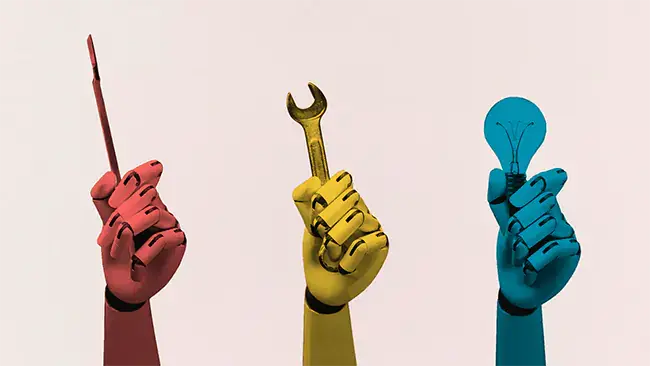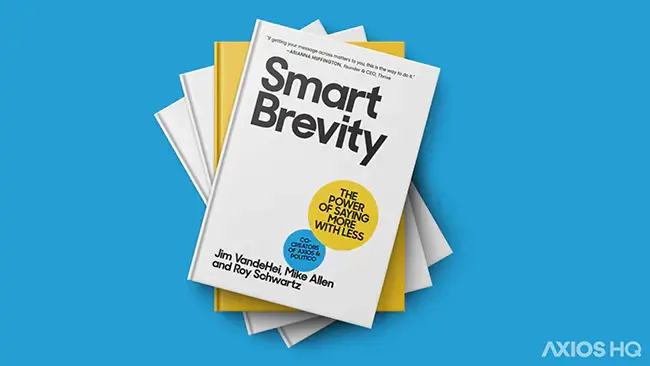Hybrid 2.0: The role managers play in modern communication

Many employees are struggling: They’re inundated with information — emails, DMs, document dumps, meetings and more — but they’re starving for direct information from their managers.
-
“They are charging us with being clearer and more direct… but they want it to come from the people they trust inside our organization,” says Deisha Barnett, president of comms and content at UPS.
That direct line of communication will make or break company culture — but building strong culture is hard in a hybrid world.
-
📦 UPS’s challenge: They have 300,000+ frontline workers who still “want to hear directly from the C-suite… We're working hard to make sure that cascade is right,” says Deisha.
-
🚗 Lyft’s challenge: Before the pandemic, it had a ~40% growth spurt. “A quarter of the company has never even been in a Lyft office,” says Denise Bertuccelli, senior director of internal comms.
Over the last year, one thing became clear: “There's a lot of power in the manager and folks on the ground,” says Denise. “People want to know they're adding value… A manager does that for somebody.”
-
📦 UPS takes a “local” approach to culture, asking managers in each facility and teams in corporate space to be who reinforces “purpose and culture… You want to hear from your boss and be able to — even if it is Zoom — come together and have discussions,” says Deisha.
-
🚗 Lyft relaunched its leader principles, leaning into video and an upcoming podcast. “We've designed toolkits around — how do they celebrate anniversaries, new hires? We provided guidance on how to share team stories” that link people back to the mission, says Denise.
What’s true in both: A test-and-learn mentality that will serve every team well. Business must be agile, and so too must the work of business communications. Try, measure, tweak, then try again.
👉 Go deeper: We must start to retrain managers.





.webp)












.webp)

















